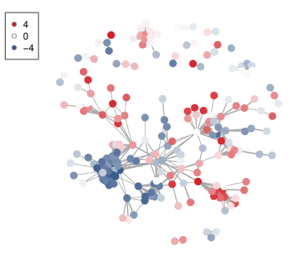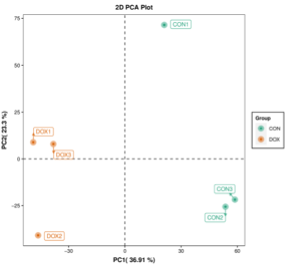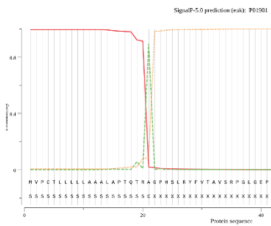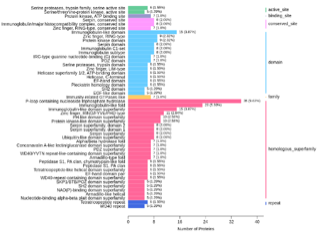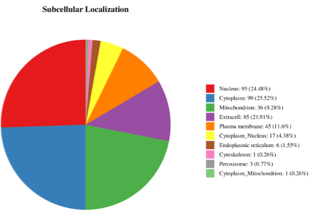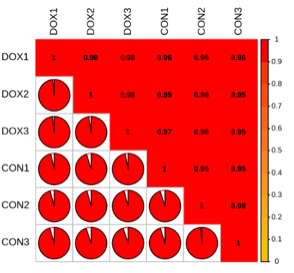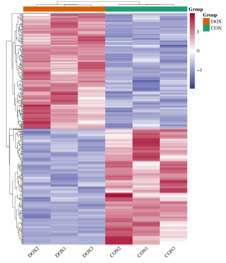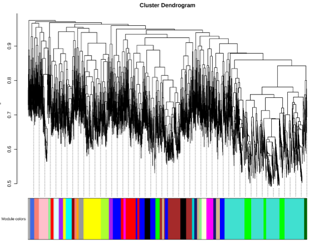Proteomics Services:
Insightful Solutions, Infinite Potential
Proteomics Services:
Insightful Solutions, Infinite Potential
What is Proteomics and Why It Matters in Protein Analysis
Proteomics is the large-scale study of proteins, enabling the direct and comprehensive analysis of protein abundance and post-translational modification (PTM) levels in biological samples, and helping to elucidate regulatory mechanisms such as protein function and interaction networks. Unlike genomics or transcriptomics, which offer indirect insights, proteomics captures real-time cellular activities and regulatory events. As the direct functional products of genes, proteins play central roles in virtually all biological processes. A single gene may give rise to multiple protein isoforms through alternative splicing or post-translational modifications (PTMs), and the proteome can vary significantly depending on physiological conditions, developmental stages, or environmental stimuli. This dynamic complexity makes proteomics indispensable for uncovering disease mechanisms, identifying biomarkers, and supporting therapeutic development. In the post-genome era, proteomics has become a critical tool for decoding biological systems and addressing research challenges that nucleic acid-based approaches alone cannot resolve.
Advances in proteomics technologies, especially in mass spectrometry proteomics, have enabled more sensitive, accurate, and comprehensive protein analysis, accelerating discoveries across life sciences and medicine. As a leading proteomics service provider, MetwareBio delivers high-quality, full-stack proteomics services tailored to a wide range of research needs. Our proteomics services include global discovery quantitative proteomics using DIA and DDA platforms, as well as specialized solutions such as Blood DIA for blood protein analysis and Low-Input DIA for proteomic profiling of limited or precious samples. We also provide PTM proteomics to investigate key regulatory modifications, including phosphorylation, acetylation, and ubiquitination. Supported by state-of-the-art instrumentation, streamlined workflows, and expert bioinformatic support, MetwareBio helps researchers unlock deep biological insights with clarity and confidence. Whether for small-scale exploratory studies or large-scale cohort investigations, Metware is committed to delivering high-quality, accurate, and professional proteomics solutions tailored to the unique needs of each client.
Discover MetwareBio Proteomics Services
Why Choose MetwareBio for Proteomics Services





MetwareBio Proteomics Service Process: From Samples to Report






Comprehensive Protein Analysis Results with Bioinformatics Visualization
MetwareBio delivers insightful and publication-ready protein analysis results powered by advanced bioinformatics tools. Our proteomics data includes over 26 types of analyses and 39 graphical visualizations, such as PPI networks, PCA plots, KEGG pathway annotation, and cluster heatmaps. These results support both quantitative proteomics and PTM profiling, helping you uncover meaningful biological insights with confidence. Contact Us for Demo
